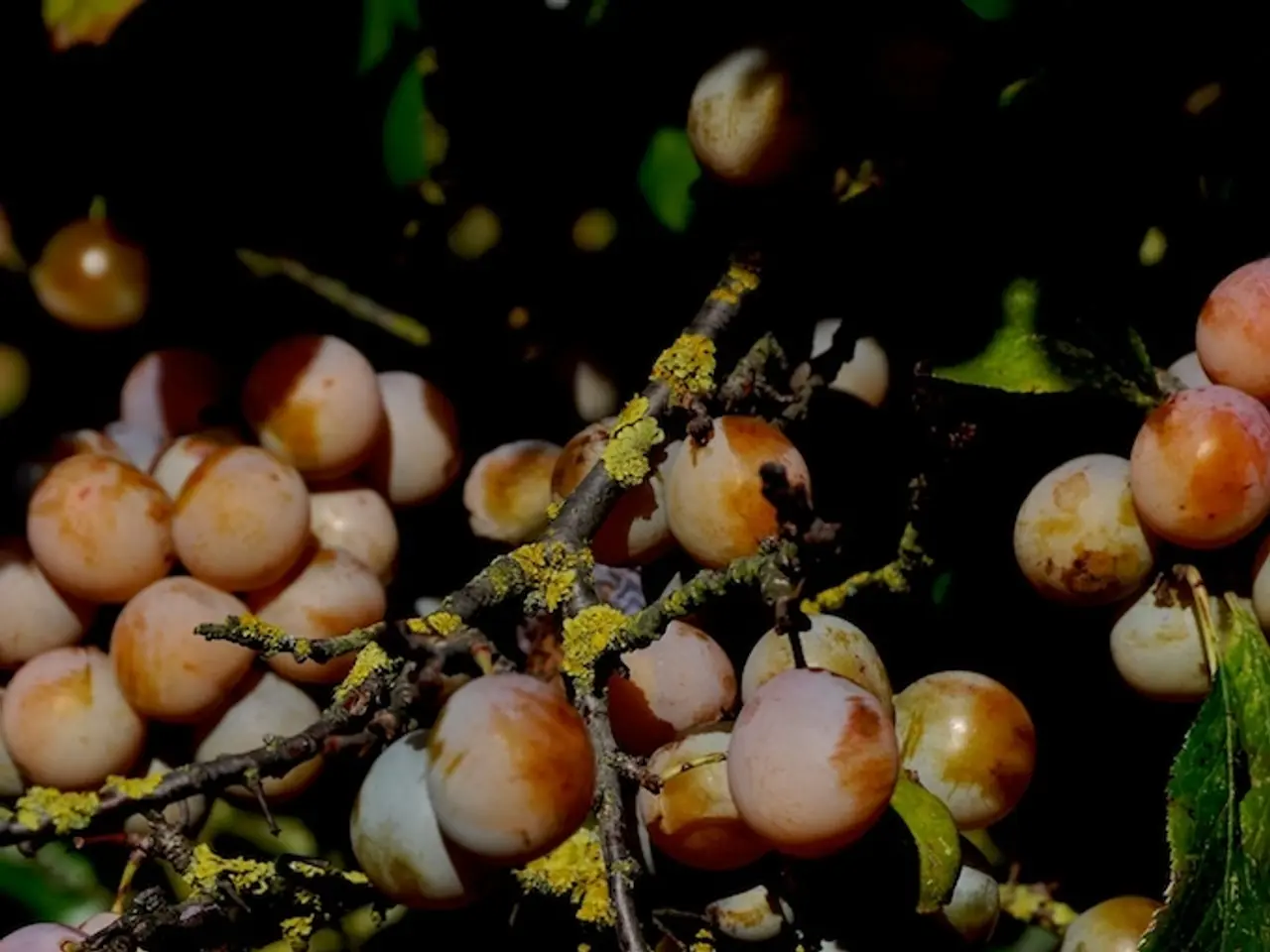Prolong Your Autumn Fruit and Veggie Gathering through Dehydration Process
Published on September 4, 2013
In an article written by Sheila Harrington, the benefits and best practices for growing fruits, composting, and dehydrating food with Excalibur dehydrators are discussed.
Growing Fruits in Raised Garden Beds
Growing fruits in raised garden beds offers several advantages, including better soil control, improved drainage, and easier access for planting and harvesting. Raised beds allow gardeners to customize soil pH, nutrients, and texture, which is essential for fruit plants sensitive to soil conditions like blueberries needing acidic soil or apples needing well-drained, fertile soil.
Using Composters
Composting is another essential aspect of sustainable gardening. Compost enriches the soil with organic matter, nutrients, and beneficial microbes, improving soil structure and water retention crucial for healthy fruit development. Using compost helps close the nutrient cycle by converting garden and kitchen waste into valuable amendments.
Dehydrating Food with Excalibur Dehydrators
The Excalibur 3900 Deluxe Series Food Dehydrator, one of the products reviewed in the article, is a large-capacity food dehydrator designed for efficient food dehydration. This dehydrator comes with a digital timer and has 9 trays, allowing for efficient preservation of harvested fruits, retaining flavor and nutrients while extending shelf life.
Benefits and Best Practices
- Growing Fruits in Raised Garden Beds:
- Benefits: control over soil quality, improved drainage, warmer soil in spring, reduced weed pressure and pest control, ergonomic benefits.
- Best practices: aim for 12–18 inches of quality soil, amend soil with compost and balanced fertilizer, use trellises or vertical supports, practice succession planting and intensive spacing.
- Using Composters:
- Benefits: enriches the soil with organic matter, nutrients, and beneficial microbes, improves soil structure and water retention.
- Best practices: maintain a balanced compost with green and brown materials, regularly turn the compost to aerate and speed decomposition, use finished compost to top-dress fruit plants or mix into raised bed soil before planting.
- Dehydrating Food with Excalibur Dehydrators:
- Benefits: efficiently preserves fruits, retains important nutrients and flavor profiles, allows for year-round enjoyment of seasonal fruits, reduces food waste.
- Best practices: slice fruits evenly, pre-treat fruits prone to browning, follow recommended temperature and time settings from Excalibur guidelines, store dried fruits in airtight containers in a cool, dark place.
Together, raised garden beds, composting, and dehydration form a sustainable cycle: growing nutrient-rich fruits, enriching the soil naturally, and preserving harvests for long-term use. This approach boosts garden productivity and food self-sufficiency.
The Excalibur 3900 Deluxe Series Food Dehydrator is a product offered by an unspecified company. For more information on this dehydrator and other sustainable gardening practices, consult the article published on September 4, 2013.
- Integrating food-and-drink preservation methods into a home-and-garden lifestyle enhances overall sustainability.
- Cooking with home-grown, dehydrated fruits can foster a healthier and more connected lifestyle, while also reducing food waste.




